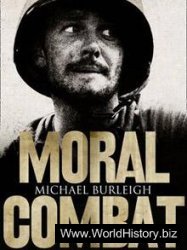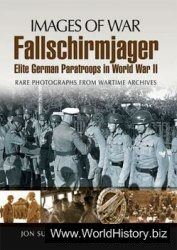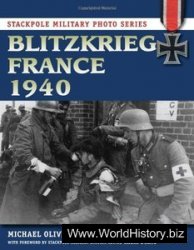Several events led to the 1939 founding of the National Action Party (PAN). The failure of Vasconcelos to create an enduring political party caused many who had supported him to feel a party reflecting their views was needed. In addition, the Church-state conflict of the 1920s caused many to conflate Bolshevism and Mexico’s revolutionary government. In the 1930s, this desire to create a new political party intensified after the constitution was amended to mandate “socialist education” and Cardenas had accelerated the land reform, which many regarded as an unwarranted attack on private property. The new party protested what its founders felt was the exercise of power by a small group acting without institutional limits.150
Manuel Gomez Morin, who had served as the unofficial treasurer of the Vasconcelos campaign, spearheaded the organization of the new party. By 1939, Gomez Morin had already had a distinguished career in the public sector, having served as Obregon’s undersecretary of finance, as a financial advisor to the Calles administration, and as president of the first Central Bank Board. He had taught in the National University law school and later served as rector of the university. In addition he had developed close ties to the private financial sector. His achievements in the public sector were unusual for someone not sharing the military background of the political elite.151
Late in 1938, Gomez Morin began contacting friends concerning the founding of a new political party that would be based on Mexico’s Catholic tradition. Gomez Morin’s goal was not only to provide an alternative for the upcoming 1940 elections but also to create a political party that would guide Mexico into the future.152
In September 1939, Gomez Morin’s organizational efforts came to fruition as roughly 1,000 delegates founded the PAN. He told the delegates at the convention:
The group of men who have seized control of the national government is increasingly removed from the interests of the nation. Their exclusive preoccupation is keeping power through corruption, deceit, violent means, bribery and the illegal use of state power.153
Convention delegates were united by their fear that the PRM was leading Mexico to socialism. Some of the delegates came from the Catholic middle and upper classes and sought to promote religious values. Others had worked with Gomez Morin at the National University. Business and financial leaders formed a third group, whose members sought to protect their assets from government reformers. In educational terms, PAN leaders were very much an elite group, as 73 percent of the PAN’s initial National Council were professionals. Bankers composed 24 percent of the party’s National Executive Committee, which also included three ex-rectors of the National University. This intellectual background, as much as ideology, contrasted with the PRM, a party that political scientist Soledad Loaeza characterized as “still reeking of gunpowder.”154
The party’s basic beliefs were enunciated in its Doctrinal Principles, drafted at its founding convention. They declared the state should concern itself with social justice, not class struggle. While Catholicism was not specifically mentioned, the Principles did declare that religious liberty should always be upheld and that all laws that directly or indirectly opposed it should be repealed. Private property was declared “the best means to assure national production and guarantee human dignity.” The Principles stated that the municipality should serve as the basis of Mexico’s political structure. The document declared the ejido should be converted into private property and that the government should extend irrigation and supply rural producers with training and credit. One of the unifying themes of the PAN was the belief that it was possible to create a society based on a third way, distinct from both capitalism and “statism.”155
Some party members advocated abstaining from the 1940 elections, since it was obvious that any PAN candidate would lose, even if votes were counted honestly. In addition, a PAN candidate would only draw support from Almazan, whose belief in the sanctity of rural property, distrust of the labor movement, and desire to reestablish relations between Church and state were shared by most PAN members.156
The PAN finessed the issue of electoral participation by declaring that while it would not nominate Almazan as an official candidate, it would support him as long as he accepted its principles. This decision reflected the desire of many PAN members to plunge into the political fray as well as the realization that Almazan would be the only serious opposition candidate. The party did explicitly abstain from the 1940 congressional elections, stating that it needed time to recruit members and familiarize the citizenry with its views. Once the 1940 elections had passed, the party turned to the ideological preparation of its members and the dissemination of its ideology.157




 World History
World History









